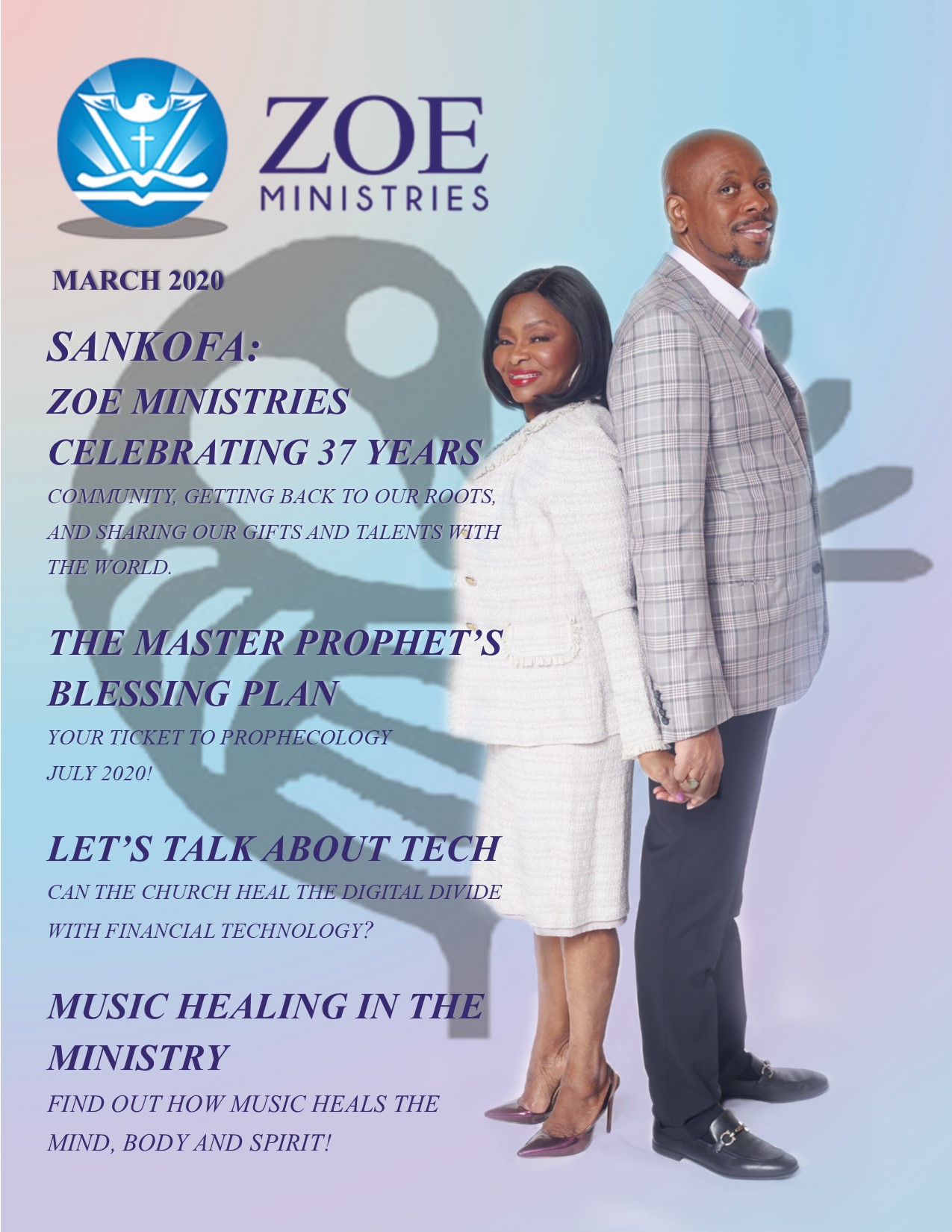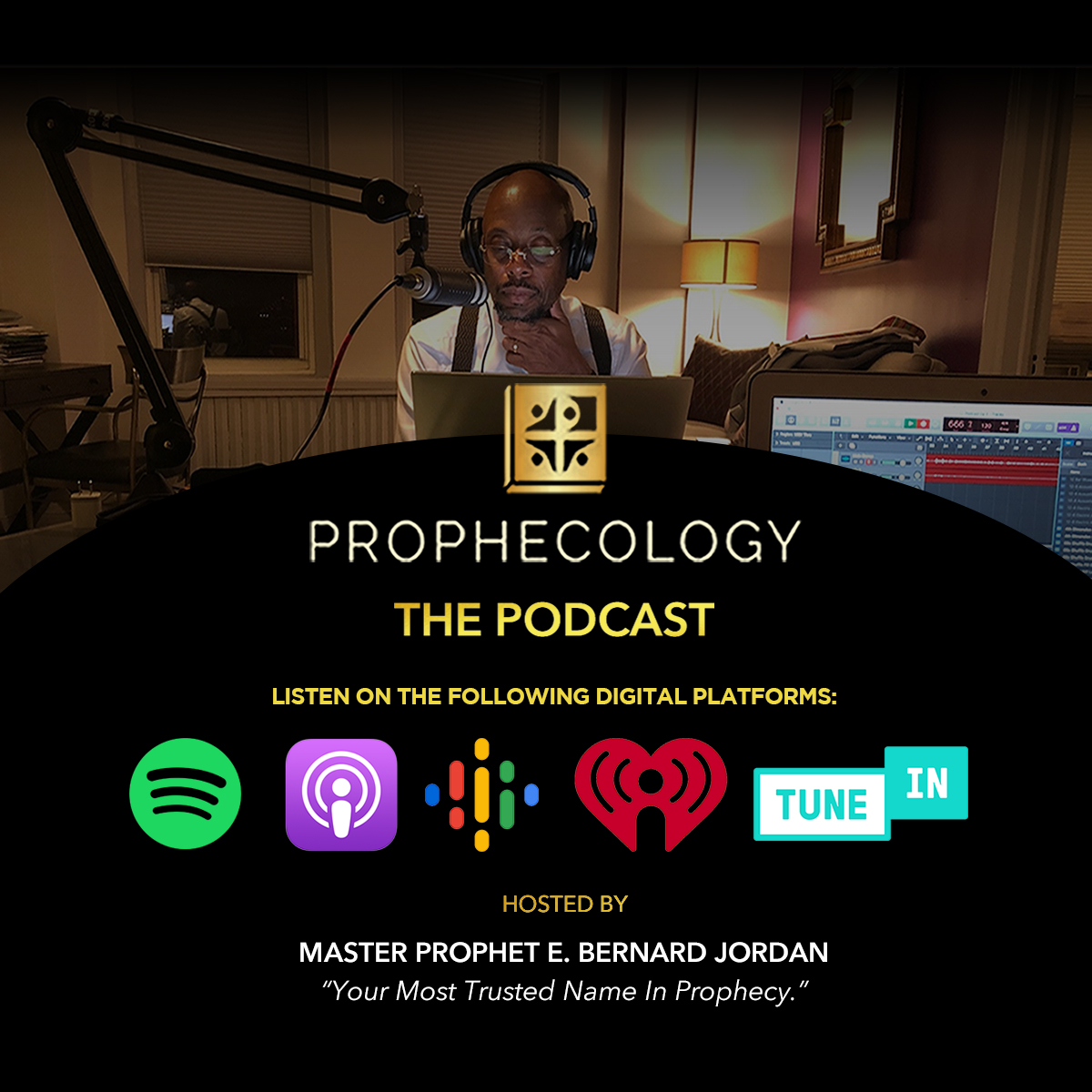NEW WINESKIN AND THE MILLENNIAL GENERATION
July 21, 2021 2023-04-05 19:13NEW WINESKIN AND THE MILLENNIAL GENERATION
NEW WINESKIN AND THE MILLENNIAL GENERATION
NEW WINESKIN AND THE MILLENNIAL GENERATION
No old road leads to new destinations! Change begins when one realizes that it is unwise to pour a new wine into an old wine skin. If you change your mind, you have to change your actions too!
Israelmore Ayivor
And no one puts new wine into old wineskins; otherwise, the wine will burst the skins, and the wine is lost, and so are the skins; but one puts new wine into fresh wineskins.
Mark 2:22 NRSV
We mentioned that while the Millennial generation is less churched than most generations, the data has shown they are no less spiritual. So why aren’t they in our pews? The longer that we examined this question, the more we are being convinced it is the wrong one. Instead of trying to attract Millennials to our churches, we considered how we could best minister to and with Millennials?
In order to minister to them, we must be mindful of the things below.
Their Economics
Mountains of student (and other) debt, lack of full-time permanent positions, and dwindling income growth are just a few of the realities that characterize Millennials’ economic life. Millennials are often unable to attain traditional markers of adulthood that other generations have taken for granted. Homeownership, independent living, marriage, children, and saving for retirement are not choices available for a significant number of Millennials.
There are innumerable reasons behind these trends. But regardless they wield significant influence on Millennials’ social, fiscal, and even spiritual patterns of life. Churches, their ministers, and members need to fully grasp the potentially devastating implications of Millennials’ dire financial straits if they would like to minister to them well. The Guardian is currently doing an in-depth investigation into the lives of Millennials around the world that would be helpful.
Embracing their Uniqueness
Our churches often behave like institutions: preserving the status quo, requesting unearned trust, and establishing hierarchies of authority and power.
Every generation has what I am going to call core social memories, widely recognizable events that had a significant effect on shaping the consciousness of a generation (think Pearl Harbor or Watergate). Millennials’ core social memories include 9/11, the war in Iraq, and the financial collapse of 2008, among other catastrophic events that ruined any institutional faith Millennials had. All of these events (most watched live on television) convinced most Millennials that institutions cannot keep them safe, institutions lie and cheat, and institutions don’t care about them.
Millennials’ core social memories include 9/11, the war in Iraq, and the financial collapse of 2008, among other catastrophic events that ruined any institutional faith Millennials had.
Whether or not they should, our churches often behave like institutions: preserving the status quo, requesting unearned trust, and establishing hierarchies of authority and power. Whereas previous generations may have had the luxury of trusting the church to be a safe, supportive, and loving community, Millennials have too many reasons to doubt those once widely held axioms. Millennials distrust such communities, and churches that want to minister to Millennials may need to look at how they have idolized themselves as an institution and explore where they can find new life in new expressions of community. Groups like Fresh expressions, the Parish Collective, and the Slow Church movement are actively exploring new ways of church your congregation might find helpful.
But be mindful of setting up congregations.
Since we know a Millennial’s economic situation is likely fraught, we know the little time they have is valuable currency. Therefore, Millennials likely will not be willing to invest in our congregations if we are not having important conversations. For some, this is code for becoming more liberal to accommodate Millennials’ ideological preferences. That’s not the case. Not all Millennials are liberal — many are conservative or moderate. However, most Millennials want to talk about important social and political issues. When churches refuse to talk about items like sexuality, race, gender, discrimination, drugs, alcohol, climate change, etc., it is a signal to Millennials that this community may not be worth the crucial time investment.
Millennials see many of the issues churches are hesitant to talk about as items of vital importance for the future that it is their burden to shape. So, to minister to and with Millennials, explore how your church can broach these important conversations. Do not always assume your church already has the right answer. Chances are, the church is actually a lot more divided on most issues than we first supposed. There is space for fruitful dialog. But that requires everyone (Millennials included) coming in without the assumption that they are right and others are wrong. Fostering a space conducive to important dialog and reflection is vital for ministering to the next generation. I would argue the same is true for every generation.
Do Not Listen to the Myths
The most widespread icon of the Millennial generation is the participation trophy. Though, I think the unpaid internship is a more potent and revelatory symbol. The participation trophy is a material representation for all the accusations that Millennials are soft, coddled, and lack fortitude. Most myths about Millennials stem from that basic premise: they have thin skin, no work ethics, and are relentlessly entitled.
Millennials’ thin skin, derided often as insidious “political correctness,” is actually close attention to language paid by Millennials who want our discourse to recognize the humanity and dignity of all our friends, family, and neighbors.
Most Millennial myths stem from an almost-right observation but a total misreading of the phenomenon’s source. Millennials’ thin skin, derided often as insidious “political correctness,” is actually close attention to language paid by Millennials who want our discourse to recognize the humanity and dignity of all our friends, family, and neighbors. Millennials’ narcissistic insistence on finding a “fulfilling” or “satisfying” job instead of one that pays the bills is actually a painful and even cynical realism. In the past, you could work normal hours, pay the bills, save for retirement, and have some modicum of leisure. Millennials haven’t seen businesses follow through on those promises anymore. Their thought becomes why be miserable if it’s not paying the bills anyway?
Check out: MILLENNIALS IN THE WORKFORCE
Your weekly dose of prophetic wisdom and anointing awaits you. Join our LIVE Conference Call!
1) Call 515-604-9266
2) Go to startmeeting.com, and use the login: BishopJordan












